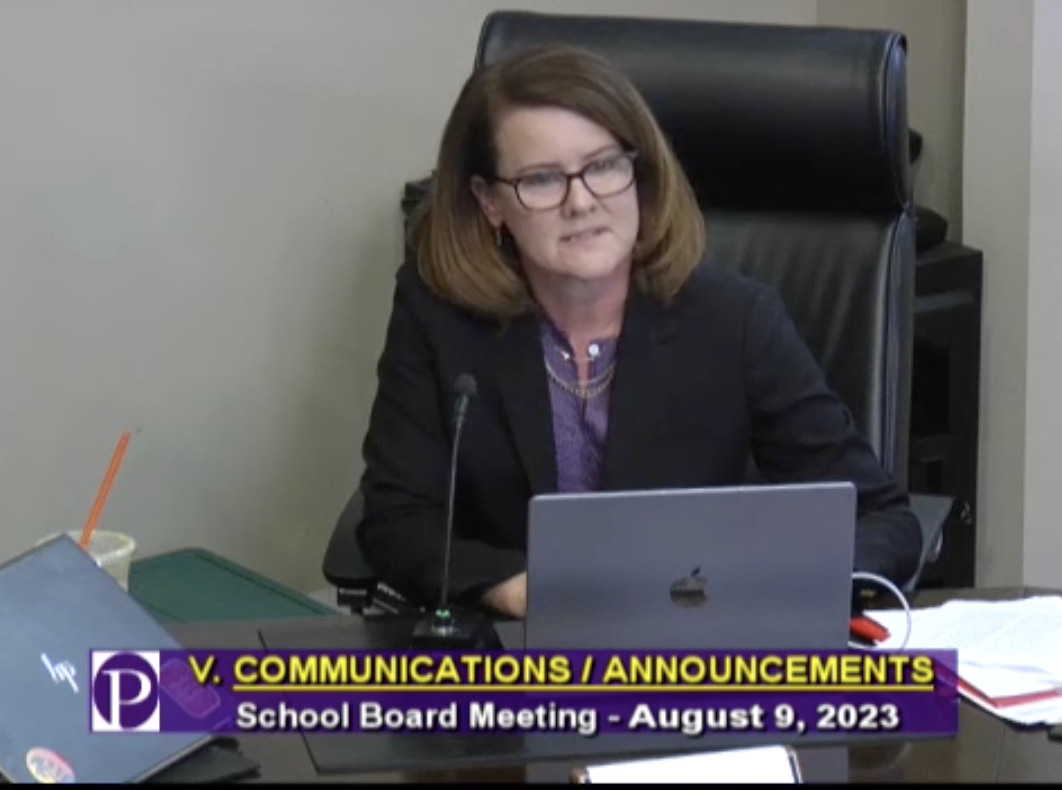After working for nearly four years and through three versions, the State Board of Education passed a new California Mathematics Framework in July. The framework, per EdSource reporting, will “stress approaches that seek to engage all students by emphasizing problem-solving and creating context and the relevance of math to students’ daily lives. The goal is to build a conceptual understanding of what students will learn before delving into math procedures and algorithms that traditionally have come first.” Critics of the new framework say this approach will, among other objections, diminish the emphasis on math facts and algorithms and discourage students from taking algebra in eighth grade.
In an email to the PUSD parent community (and in comments at Wednesday’s school board meeting) PUSD Superintendent Dr. Jennifer Hawn said the district had no plans or timeline for changing its existing math curriculum:
The PUSD Staff and Board have been following the progress of the math framework, including the recent adoption of the State framework. While we are pleased to see greater attention given to mathematics instruction, we have many questions about this new framework and have no plans or timeline for changes according to the new framework.
You may know that changes to curriculum is a local decision, approved by the Board of Education, typically following a lengthy analysis by teachers and administrators before a recommendation is proposed to the Board for approval. We are fortunate in the Piedmont Unified School District to have well-informed community members who often provide key input on educational matters, some as part of committees and others as individuals who simply reach out. We observed this expert input with our early literacy adoption of the DIBELS program, and I have no doubt we will similarly leverage our community for input on any changes proposed for our mathematics program.
So, at present, we are monitoring the State’s plans for rolling out more information, which typically includes teacher information sessions on instructional shifts. Curriculum adoptions are tentatively planned for 2025, and we can expect to see curriculum publishers provide state-approved curriculum materials in the next several years. We will be interested to learn how emerging curriculum materials accommodate accelerated learning in middle school and high school that takes students through Calculus AB and BC, essential pathway options for our PUSD students.
Ultimately, PUSD has local control over our math program, including curriculum adoptions, and this fact will be important in ensuring outstanding math instruction for our students, TK-12.
